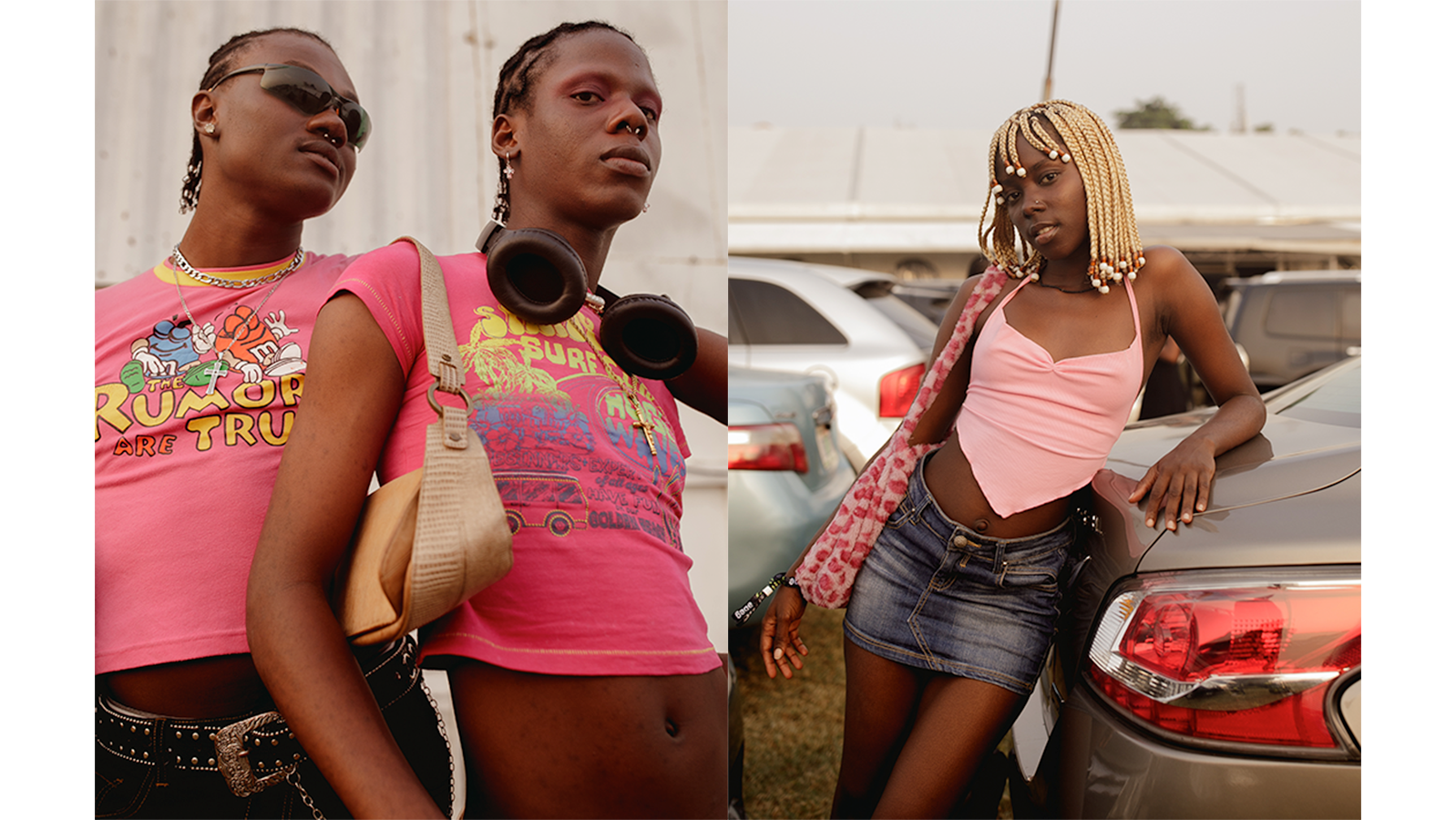It’s no surprise that Nigeria’s streetwear scene is one of the most exciting on the planet right now. With a population of 206 million, an estimated 70% of which is aged under 30, the country’s a veritable crucible for youth culture. Proof of that can be found in the number of Nigerian brands that have built global reputations in recent years – names like Motherlan, Vivendii, and WAFFLESNCREAM. Behind these individual players, though, there’s a unifying force: Street Souk.
Founded by 22-year-old Iretidayo Zacchaeus in 2018, the annual convention is the country’s first and leading streetwear forum, bridging the country’s emerging and established brands. In the four years since it started, the event – held the weekend before Christmas, has single-handedly catalysed the scene’s boom, unifying a scene that, before its arrival, was largely fragmented. “It’s so amazing to see how much has grown from literally nothing,” Iretidayo says, citing the number of collaborations between local artists and designers that the event has facilitated as proof. “The scene has always been there, but since Street Souk started, it’s really brought everyone together.”
The success of her vision hasn’t gone unnoticed outside of Nigeria, either. The late Virgil Abloh – one of Street Souk’s greatest champions – once described the event as a key part of Africa’s “youth-driven fashion renaissance”. And among members of the Nigerian diaspora, it’s even cultivated a reputation as a necessary stop when back home for the holidays. “I even have people telling me that they book their flights depending on when Street Souk is,” Ireti says proudly, “and saying they don’t even need to do their Christmas shopping abroad any more – they know they can do that there.”
Ahead of the most recent iteration of Street Souk, we sat down with Iretidayo to discuss her path into the scene, Virgil’s legacy, and why the sky’s the limit for African streetwear.
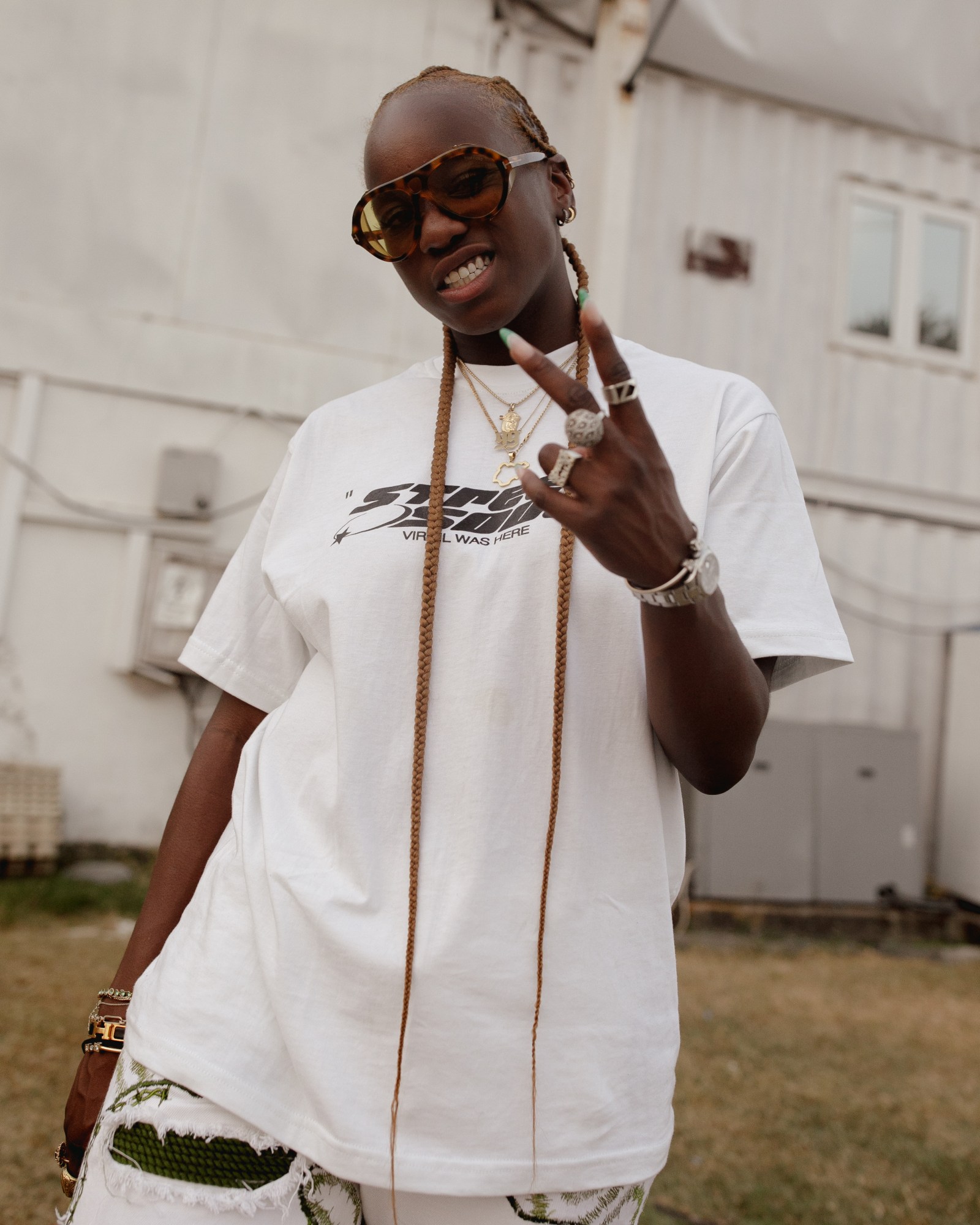
What first triggered your interest in streetwear and the community around it?
My brother, Teezee, was really influential. He’s an artist himself, and growing up, he was really into streetwear. I also started watching loads of music videos, which then led to websites like Hypebeast and Facebook forums, and it just went from there! I’m the kind of person that researches something I like until I know everything there is to know about it. I just found myself really relating to other people in the streetwear community, and loving that I could make such good friends through common interests. I was also fascinated by the people wearing the clothes – you know, A$AP Rocky, Siobhan Bell, Vashtie, Luka Sabbat – all these people that I’d see on the internet back in the early Tumblr days. And Virgil was a hugely significant influence — I remember the early days of Pyrex Vision, and seeing the first streetwear brands that were really for my generation.
How did that lead to you starting Street Souk? It seems like a pretty large-scale endeavour!
Yes, it is! And it’s only getting bigger! The idea first came to me in the summer of 2018. My mum had started something along the same lines, but targeted towards a completely different generation. I went, though, and saw how it could work for Nigeria’s streetwear scene – I knew people who had ‘streetwear’ brands, but at that point, it was mostly people taking pictures from the internet and screen printing them on t-shirts. There were only really three brands doing full collections — WAFFLESNCREAM, Severe Nature and Vivendii — but I knew there was real space for growth. I had the ability and the facilities to provide a platform that connected the dots between up-and-coming and established Nigerian streetwear brands, so I knew it was something I needed to do.
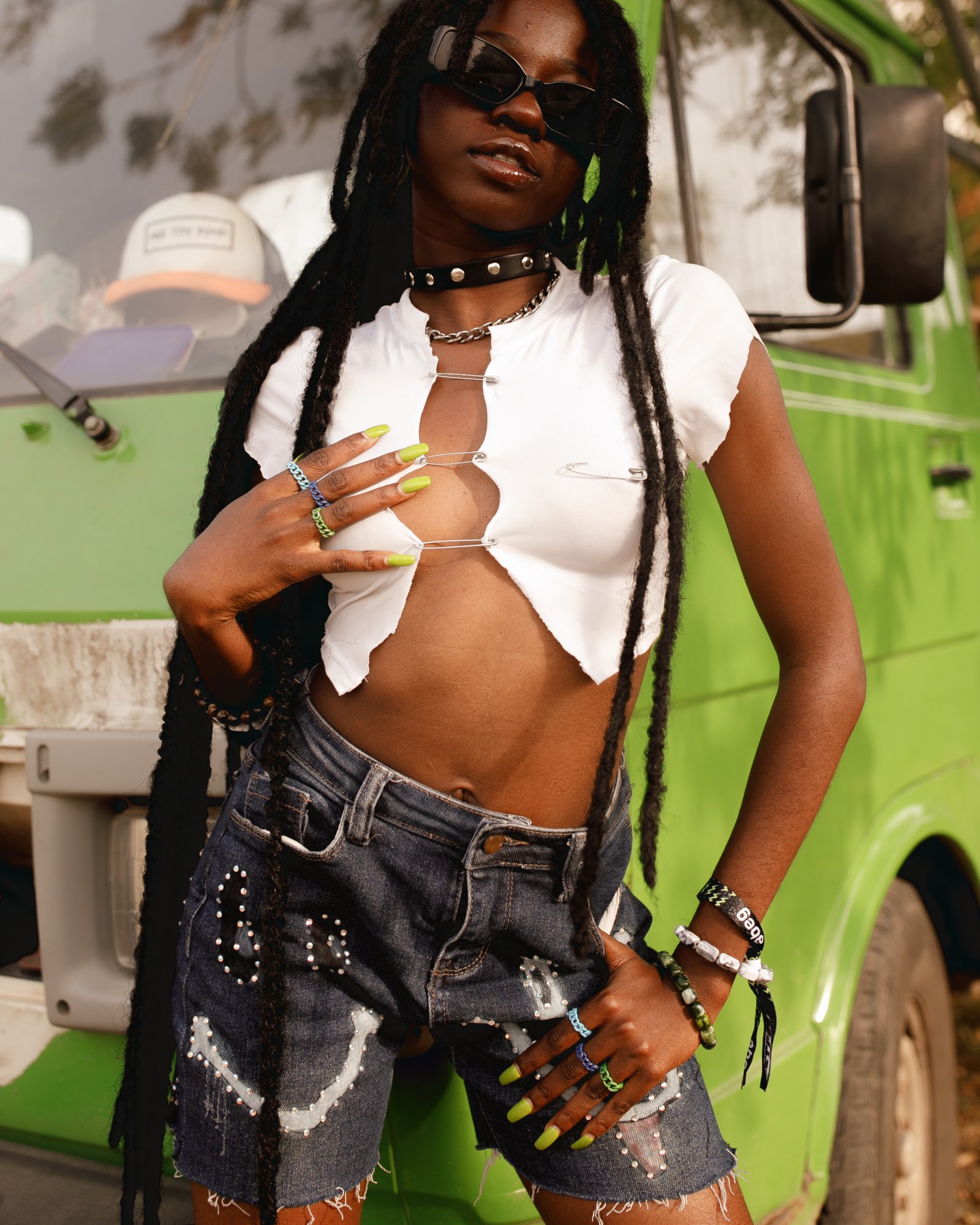
So how has the Nigerian streetwear scene come along since Street Souk started?
It’s grown by, like, 500%! I can’t even put into words how proud I am. The brands that started with one-off t-shirts and joggers are now dropping full collections, and are being stocked in the streetwear stores in Nigeria. And that’s another thing — when I started Street Souk, there was only one, but now there are four! Thanks to people like Virgil, people have realised that there’s no limit to what we can do, especially with our originality and authenticity, and the wealth of our culture. No matter your circumstances, your situation, or where you think you are, nothing is impossible.
So what does Street Souk actually look like for those who haven’t been?
Well, the experience of it is the most important thing for me, and showing people back home that we’re able to do whatever people are doing is so important to me. There’s a central marketplace, where we usually incorporate a skate ramp — through collectives like Motherlan, and WAFFLESNCREAM, skate culture has really blown up in Nigeria. It’s a place where people are able to come and skate for free, whether you’re a pro skater or you’ve just turned up with a board. That’s a real rarity in Nigeria — skaters are often ridiculed on the road and chased by the police. We also bring in some great DJs — In 2019, we had Pedro Cavaliere come over from LA, and Vivendii have also played previously. The great thing about Street Souk is that you never know who you’re going to see in such close proximity — last year, Skepta, Davido and Rema all pulled up! That’s especially the case somewhere like Nigeria, where everything is so VIP and people can be so unreachable. Street Souk breaks those boundaries.
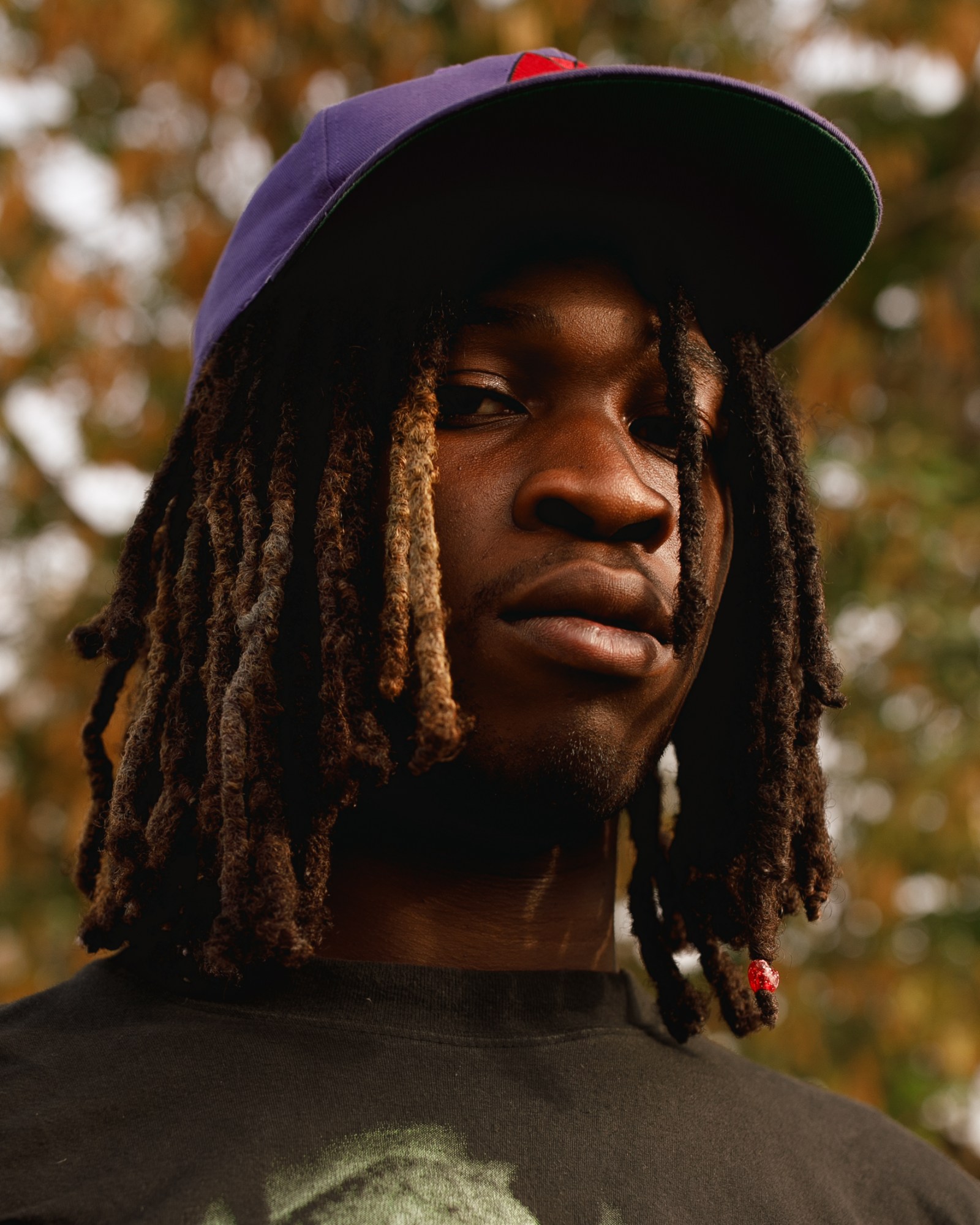
I know that Virgil Abloh was a huge supporter of Street Souk. What did his support mean to you?
So much. Having someone like Virgil support the vision and let me know that he really saw what we were doing really tweaked something in me. It’s one thing to believe in yourself and what you’re doing, but it’s another to know that the person that you hold in the highest regard in the field you love the most thinks the same, and is willing to support you. He really helped me and did more for me than I ever thought was possible.
What do you hope people are able to take away from attending Street Souk?
Just seeing how lit the African streetwear community is! We don’t need to keep throwing money to big brands to feel validated, and we don’t need to wait for an international co-sign to appreciate what we have in front of us. There’s a lot here. People just need to be locked in and tapped in, and not wait until the rest of the world starts appreciating us.
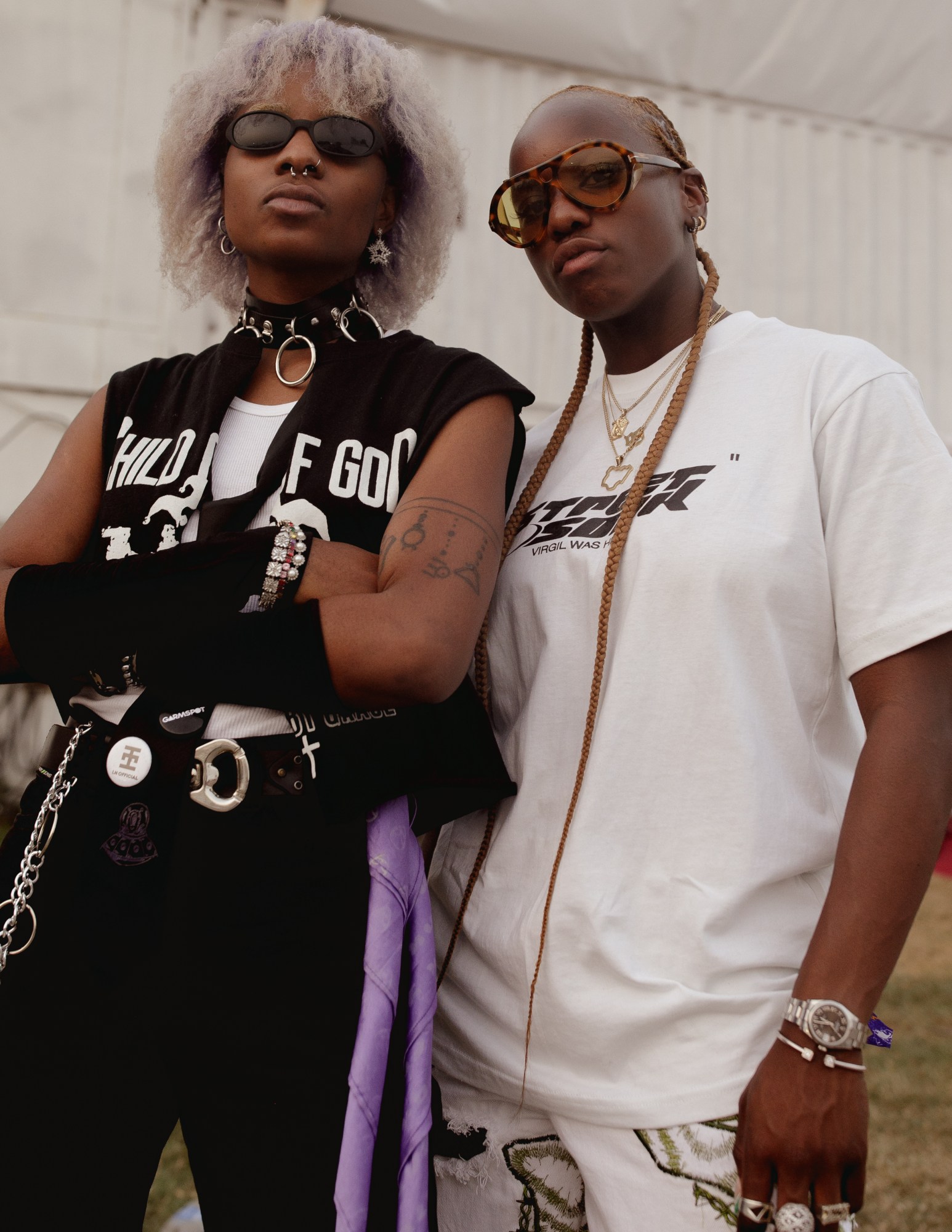
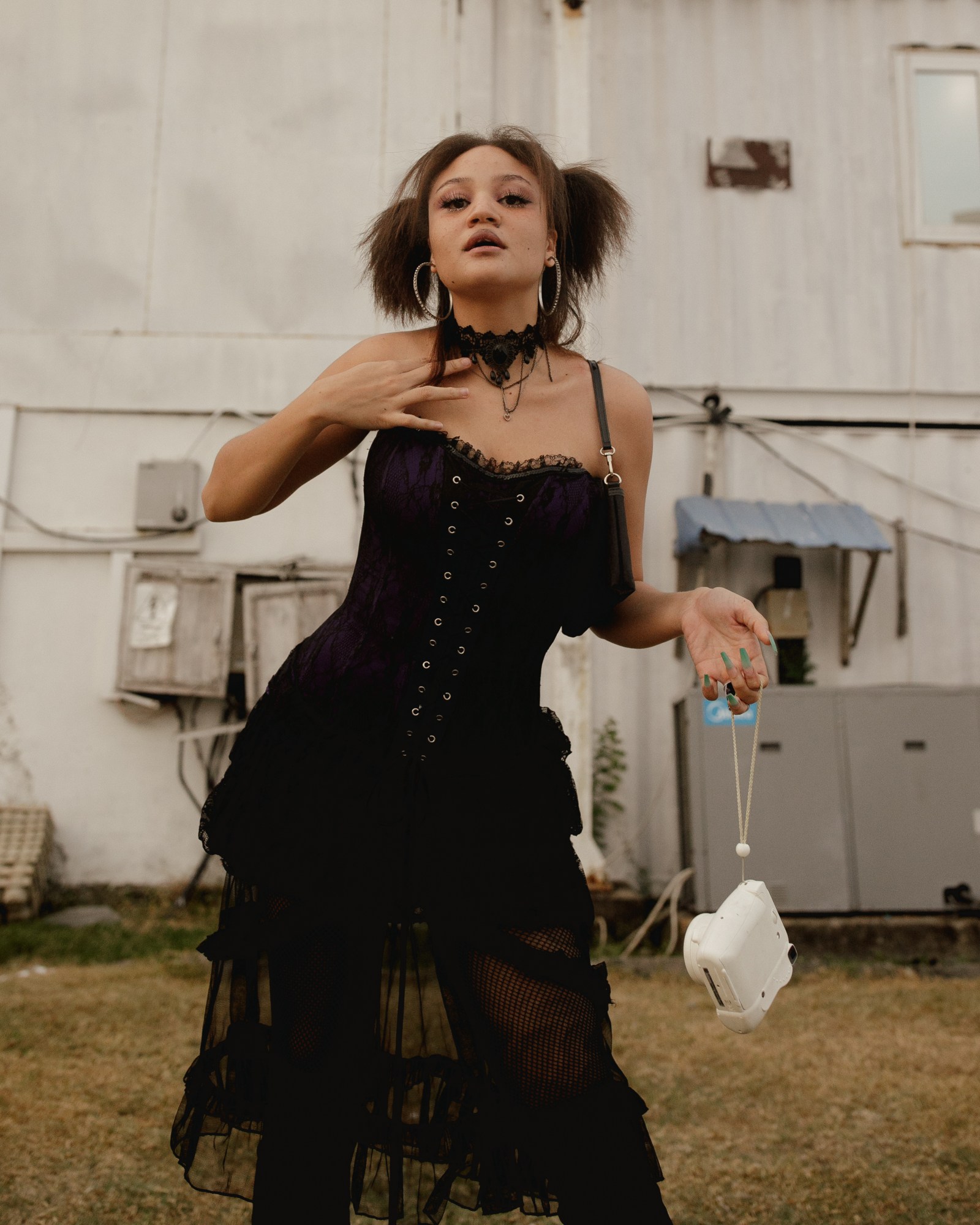
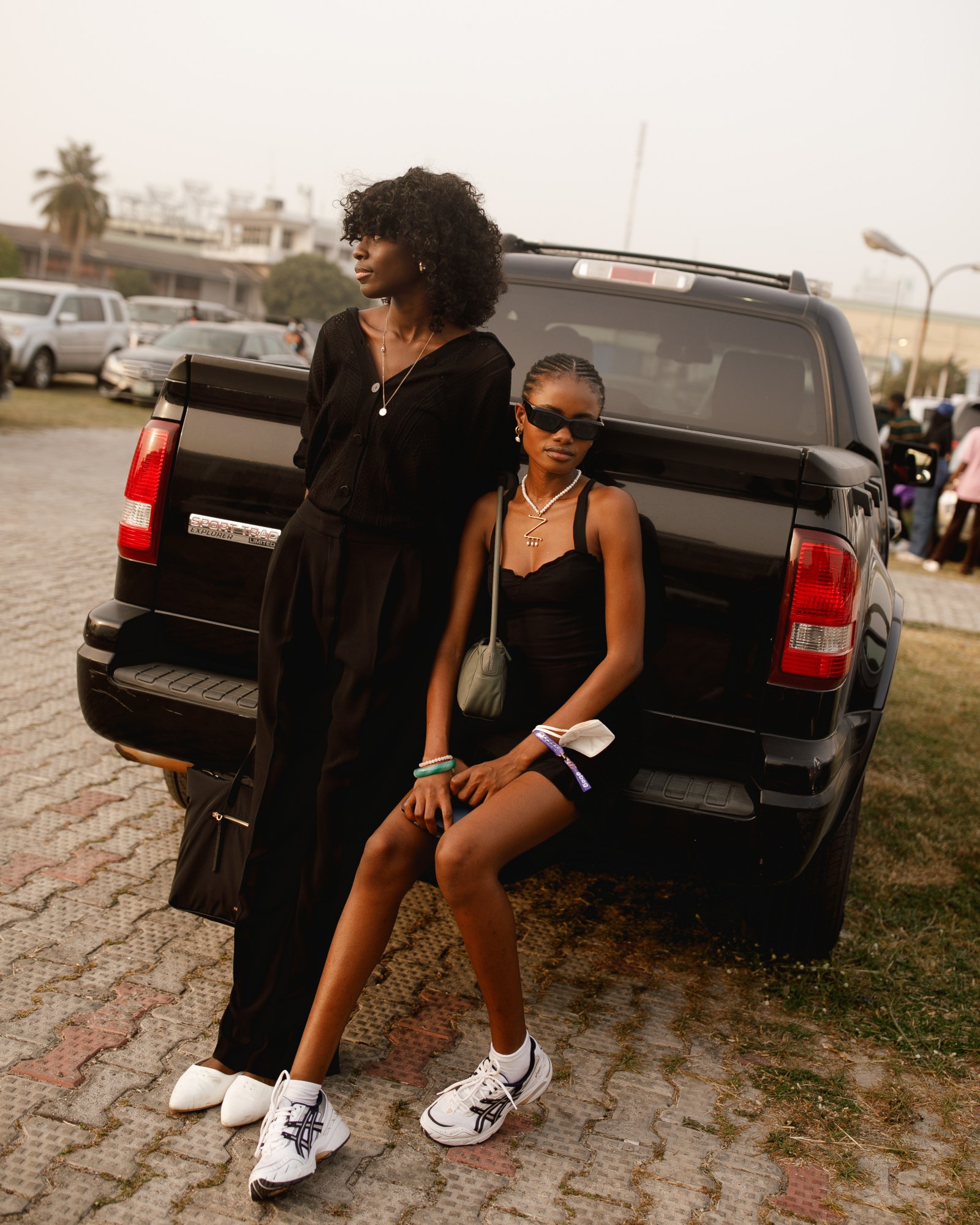
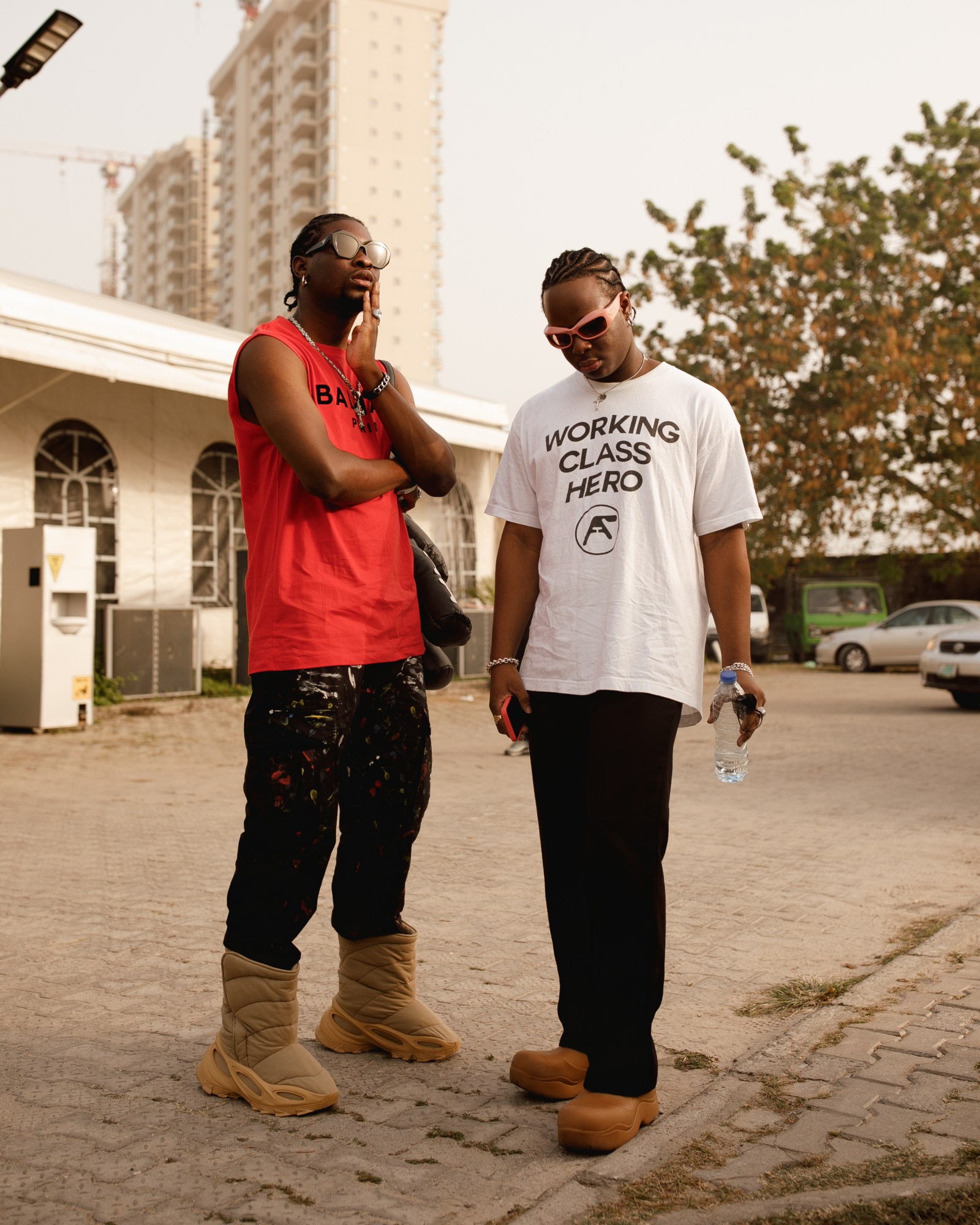
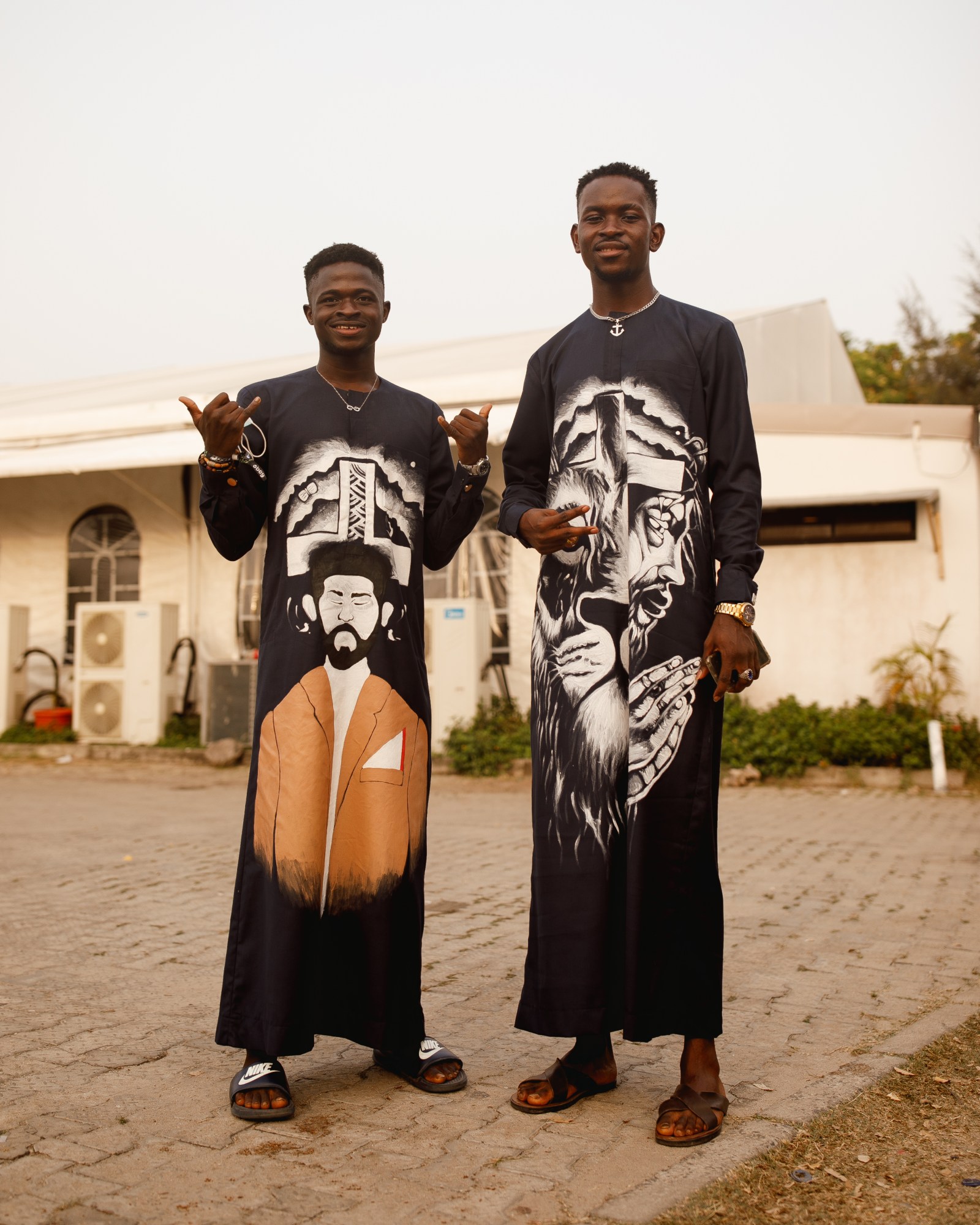
Follow i-D on Instagram and TikTok for more fashion.
Credits
Photography Manny Jefferson
Casting Assistant Elisabeth Ayodele
